Join the community
Thought Leadership Centre
Most Read
1. Singapore to slash CDC vouchers in Budget 2026: analysts 2. UOB set for growth as DBS, OCBC earnings hold steady: report 3. Budget 2026 to surge tech funding as ageing workforce squeezes growth: analysts 4. HDB launches 9,012 flats in February BTO and SBF exercise 5. Daily Markets Briefing: STI up 1.06%; Top stock is SingtelResource Center
Awards
Apr
14
Event News
Singapore Business Review Management Excellence Awards 2025 Winner: Moninder Jain of Logitech Singapore Pte Ltd
Moninder Jain of Logitech Singapore highlights how human and AI collaboration strengthened the company’s market position.

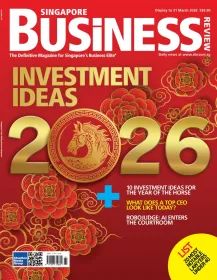
 Advertise
Advertise
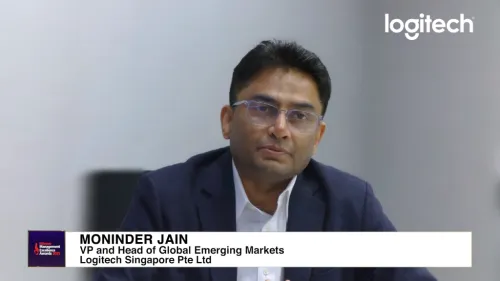



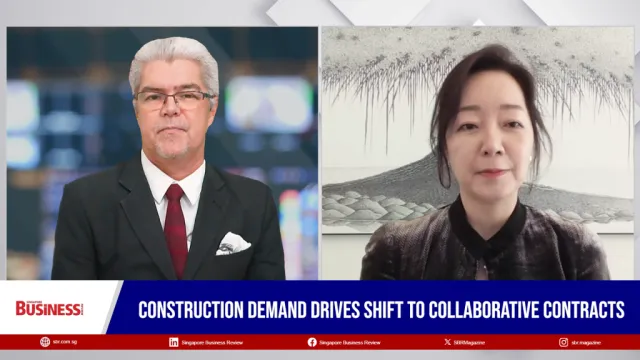
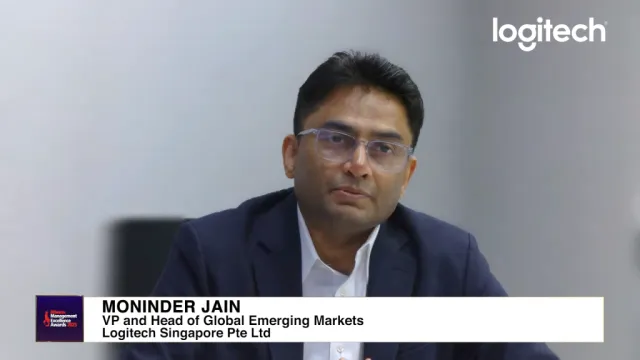
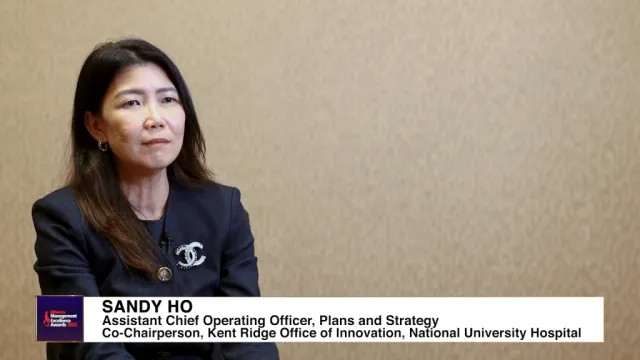







Commentary
Why Singapore’s intellectual property regime gives clean-tech startups a regional advantage
Why Singapore’s intellectual property regime gives clean-tech startups a regional advantage
Customer experience at full throttle: How Singapore’s F1 turns pressure into performance
Bootstrapping in Singapore: How small startups can thrive without investors
How outdated financial solutions are fuelling the SME exodus
The role passwordless plays in securing Singapore’s digital future
Green shipping's future: Strategic partnership between public and private finance
The great Singapore family business transition: Why legacy companies are choosing sales over succession
Why SG60 must mark a cybersecurity turning point
What the global financial crisis can teach Singapore about decision-making today
Singapore is ready for EVs, but the industry needs to catch up
Navigating public–private collaboration in Singapore’s health tech and life sciences landscape
SG60: What the next 10 years have in store for Singapore’s investment landscape
Microclimate retrofitting could be Singapore’s next big sustainability play
What is driving the next era of wealth management in Singapore?
What airports can teach us about biometric adoption: Lessons in simplicity, trust, and scalability
Closing the harmony gap: How strategic tech investments can unlock financial efficiency
What today’s C-suite can learn from tomorrow’s leaders